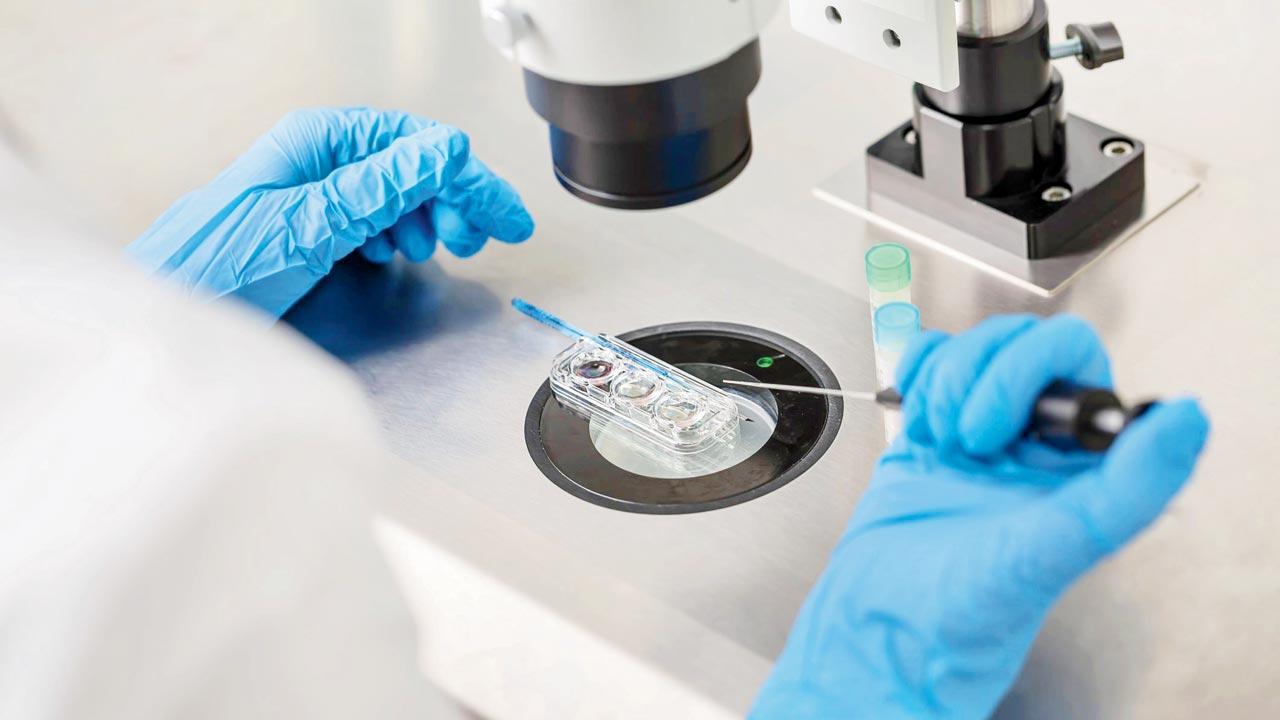

Home / Mumbai / Mumbai News / Article /
Mumbai: Will surrogacy law tweaks help couples?
Updated On: 29 February, 2024 06:55 AM IST | Mumbai | Eshan Kalyanikar
Usage of donor gamete is now allowed if either partner suffers from medical condition, but experts say finding altruistic surrogate, paperwork, stringent penalties are hurdles

According to fertility experts, surrogacy was highly sought after from the mid-2000s to 2020. Representation pic
Tushar, 43, a Mumbai-based businessman, and his wife Riya 42, (names changed) had married in late 2019. But, COVID-19 hit the next year with social and economic disruptions. When the dust settled, they decided to start a family. “We were already very old and conceiving naturally did not work for us,” he said.
In 2022, the two had just begun their IVF process. There were consultations with doctors, multiple rounds of them. Eggs were taken for fertilisation. There were emotions at stake; Tushar and Riya wanted to be parents to a biological child. They had already spent about R5 lakh. And, then, Riya was diagnosed with a serious case of hypertension, which would put her life at risk if she were to get pregnant.



